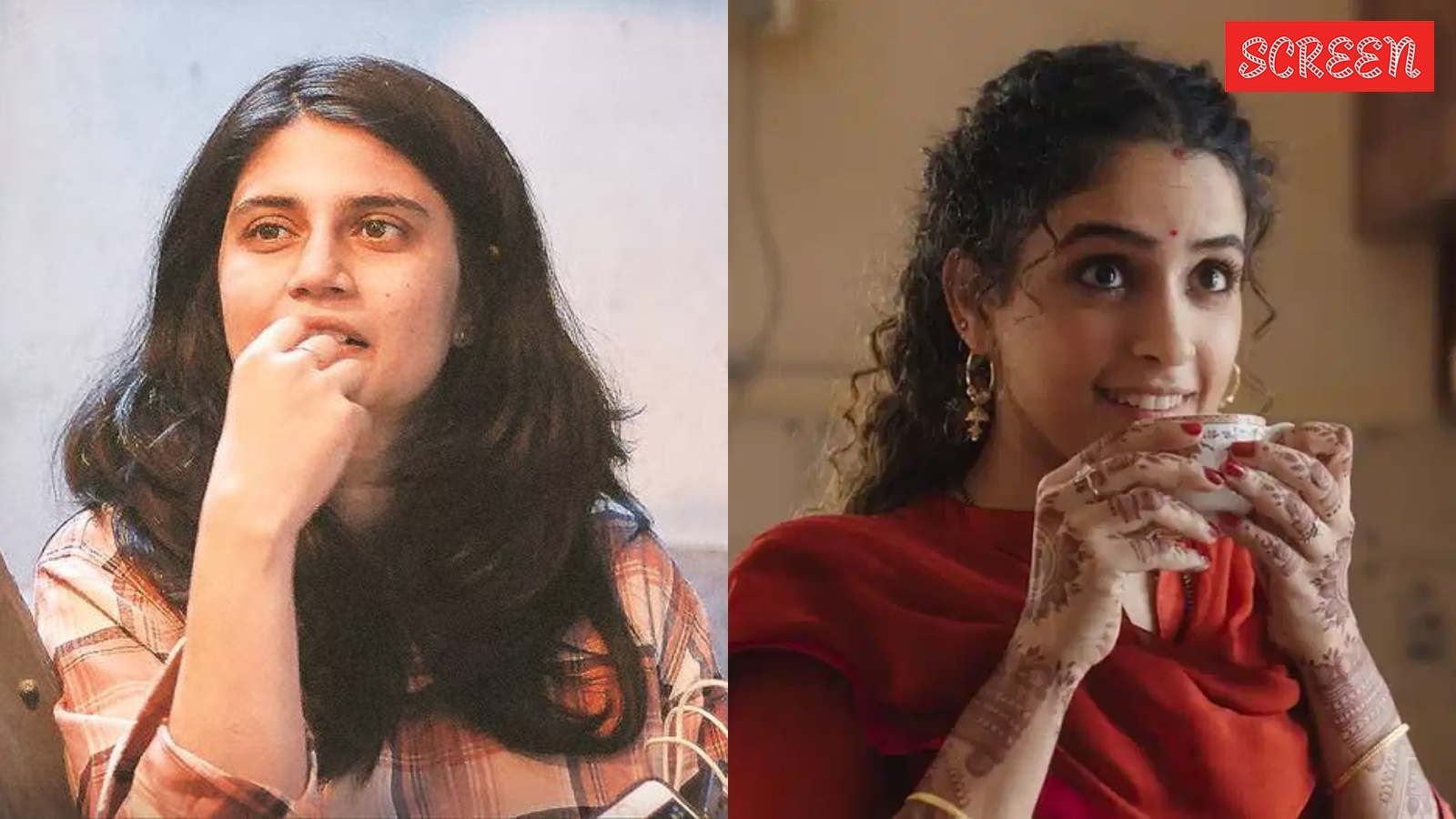 |
|
Arati Kadav's 'Mrs.', starring Sanya Malhotra, has premiered on ZEE5 to positive reviews. The film tackles the difficult realities faced by women within the institution of marriage, a subject matter that resonated deeply with Kadav throughout the filmmaking process. In a recent interview, Kadav revealed that the film's production transcended the typical filmmaking experience, evolving into a form of activism for her and her team. This wasn't simply a project aimed at furthering her career; rather, it was a deeply personal undertaking driven by a desire to contribute to societal change and spark crucial conversations around gender dynamics within marriage. The decision to release the film on ZEE5, rather than in theaters, was a strategic choice born from a combination of practical considerations and artistic vision. The film's unique approach and subject matter didn't perfectly align with the traditional expectations of a theatrical release, leading the team to believe that an OTT platform offered a wider reach and a potentially less risky environment for its distribution. Kadav expressed her hope that, despite the risks of choosing a digital release over a theatrical one, the film's success might eventually lead to a limited theatrical run, perhaps on Women's Day, further expanding its reach and impact.
The director's commitment to the film's message is evident in her comments about the film's reception. While she acknowledges that widespread societal change won't happen overnight due to a single film, she views 'Mrs.' as a significant contribution to an ongoing dialogue. Each viewer's experience and resulting reflection adds to the larger conversation, creating a ripple effect that could eventually bring about lasting changes. This approach highlights a broader shift in the film industry towards social activism, with filmmakers using their platform to address sensitive and timely issues. The decision to prioritize the film's message over immediate career advancement reflects a new wave of creative thought, where the impact of the film on society surpasses the pursuit of individual accolades. This perspective underlines a sense of social responsibility within the film's creation and distribution, a trait that is increasingly valued in the contemporary film landscape.
The unexpected controversy surrounding the omission of technician credits in the film's initial trailer serves as a compelling case study on the often-overlooked aspects of filmmaking. While Kadav acknowledges the oversight as an unintentional error stemming from the complex production process involving multiple parties, her swift reaction and advocacy for immediate correction underscore a commitment to fair recognition for all involved. Her stance on the issue highlights a crucial discussion within the film industry regarding the acknowledgment and appreciation of technicians, whose essential contributions often go unacknowledged. The director's active participation in rectifying the error demonstrates a dedication to ethical and transparent practices within the industry, setting a positive example for other filmmakers and contributing to a more inclusive and equitable work environment. The incident itself draws attention to the systemic issues within the industry, highlighting the need for improved communication and practices to ensure fair credits for all contributors.
The decision to bypass a traditional theatrical release for an OTT platform represents a significant shift in the distribution strategy for films that challenge conventional narratives. Kadav’s candid assessment of the risks and rewards associated with each platform underscores the evolving landscape of film distribution and consumption. She expresses a realistic understanding of the challenges associated with theatrical releases for films that don't adhere to the formulaic structures of typical box-office successes. While a theatrical release holds a certain prestige, the greater accessibility and broader reach offered by OTT platforms often outweigh the perceived risks. This strategic choice reflects a forward-thinking approach to filmmaking, prioritizing audience accessibility over adhering to traditional industry norms. The potential for wider viewership through OTT platforms aligns with Kadav’s stated aim of provoking societal change, ensuring that the film’s message reaches the widest possible audience.
